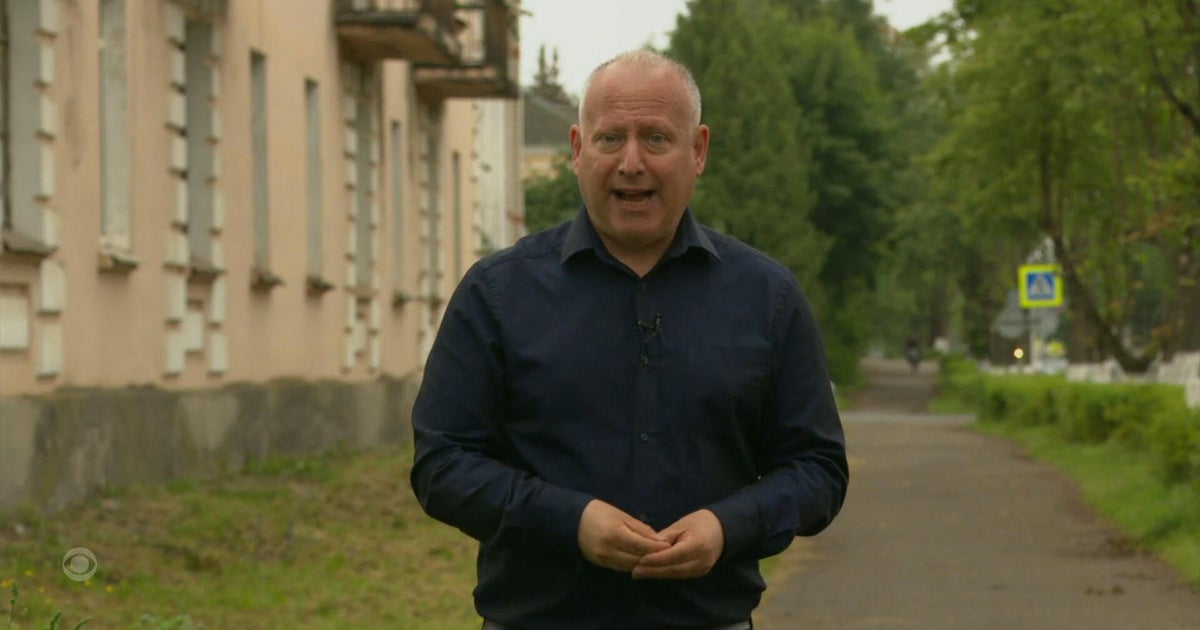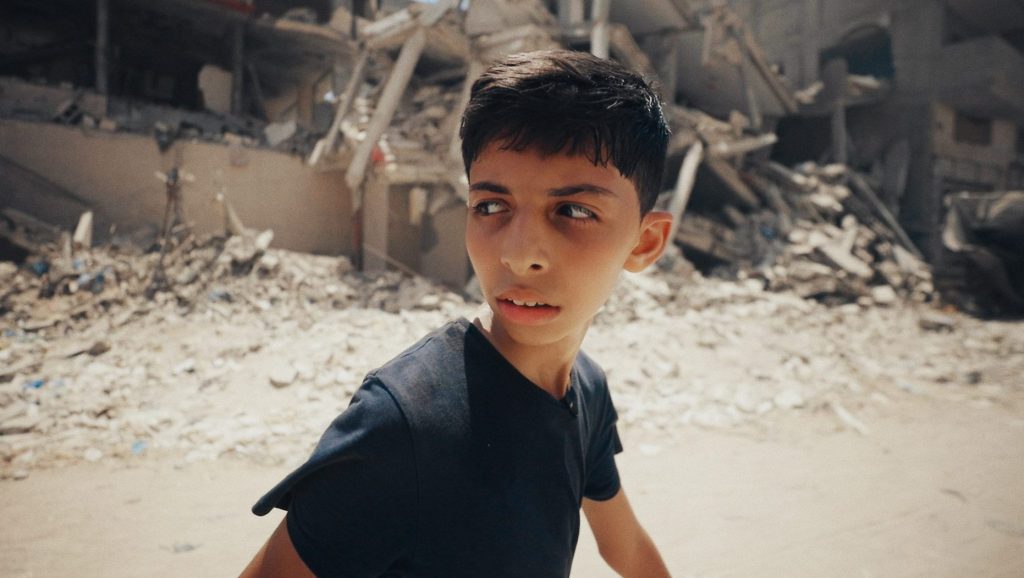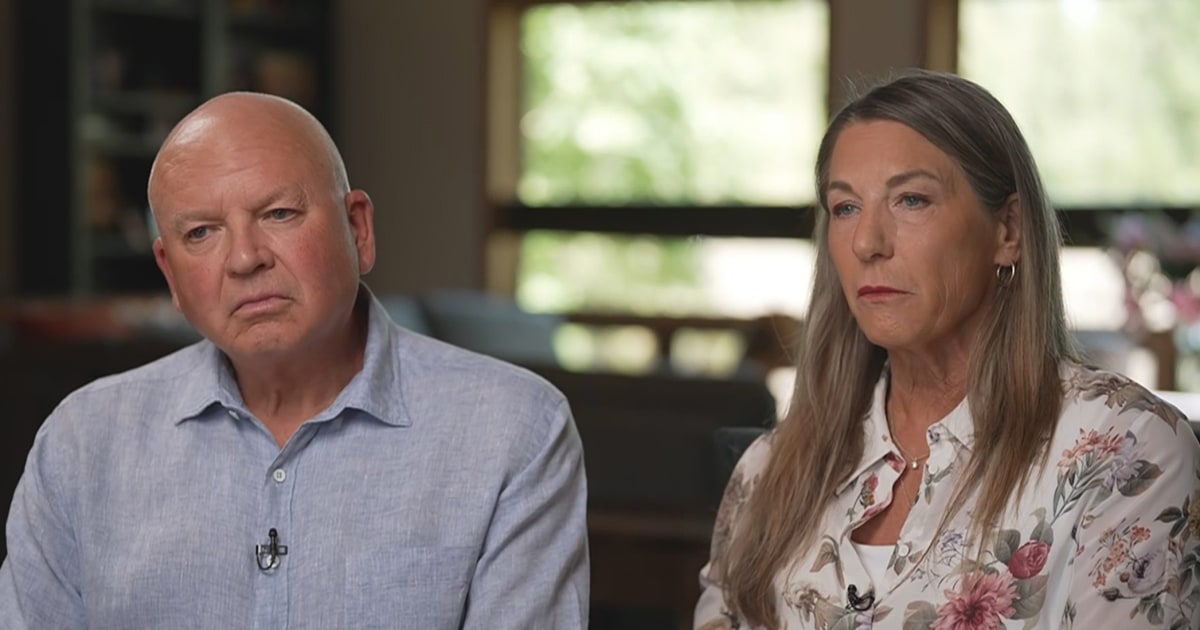Unveiling the Shadows: The Last Western Journalist in Russia
In a climate of escalating media restrictions, BBC Moscow correspondent Steve Rosenberg remains one of the few Western journalists still reporting from Russia. As press freedoms shrink under tightening government controls, Rosenberg’s dispatches provide crucial insights into a nation increasingly isolated from global discourse. His unique position offers a window into the challenges of covering modern Russia—where truth often hides behind layers of bureaucracy and surveillance.
The Shrinking Landscape of Foreign Reporting
Since Russia’s invasion of Ukraine in February 2022, the Kremlin has systematically dismantled independent media. According to Reporters Without Borders, over 1,500 foreign and domestic journalists have left Russia due to safety concerns or revoked credentials. The Committee to Protect Journalists reports 22 media workers currently imprisoned in Russia—the highest number since Soviet times.
“Steve represents a dying breed of on-the-ground foreign correspondents in authoritarian states,” explains Dr. Elena Mishchenko, a media studies professor at Columbia University. “His continued presence matters because physical proximity still yields reporting nuances that even the best open-source intelligence can’t replicate.”
The challenges facing remaining Western journalists include:
- Strict censorship laws prohibiting “false information” about the military
- Surveillance and harassment by security services
- Difficulty obtaining official interviews or data
- Personal safety concerns for both reporters and sources
A Day in the Life of Russia’s Last Western Reporter
Rosenberg’s daily routine illustrates the precarious balance between journalism and survival. He navigates a maze of encrypted communications, carefully vetted sources, and self-censorship to avoid expulsion. Unlike his predecessors who enjoyed relative freedom in the 1990s, Rosenberg operates under constant scrutiny.
“You learn to read between the lines of every official statement,” Rosenberg noted in a rare interview. “The real story often exists in the gaps—what isn’t said, which officials suddenly disappear from public view, which economic data stops being published.”
His reports frequently rely on:
- Discreet interviews conducted in parks or moving vehicles
- Analysis of regional media and social media chatter
- Observations from daily life—store prices, public moods, infrastructure changes
The High Stakes of Truth-Telling
The risks extend beyond professional consequences. In 2023, Wall Street Journal reporter Evan Gershkovich was arrested on espionage charges—a move widely condemned as politically motivated. This chilling precedent hangs over all foreign correspondents.
Russian media analyst Dmitry Kuznetsov warns: “The government now views Western journalists through a national security lens. Every factual report about military losses or economic struggles gets framed as information warfare.”
Despite these pressures, Rosenberg’s reporting has uncovered:
- Hidden inflation through comparative price tracking
- Regional dissent through carefully gathered local testimonies
- Sanctions impacts via supply chain investigations
Why On-the-Ground Reporting Still Matters
In an era of satellite imagery and digital forensics, physical presence retains unique value. Rosenberg’s nuanced observations—like noting which products disappear from shelves first during shortages—provide economic indicators before official statistics surface.
“Algorithms can’t capture the hesitation in a bureaucrat’s voice or the nervous glances between interview subjects,” notes former AP Moscow bureau chief Masha Lipman. “These human elements often reveal more than prepared statements.”
Key advantages of in-country reporting include:
- Detecting subtle shifts in government rhetoric
- Building trust with disillusioned officials who may leak information
- Observing discrepancies between official narratives and street-level reality
The Future of Foreign Correspondence in Russia
As relations between Russia and the West deteriorate further, journalism faces existential threats. The government recently proposed laws that could ban foreign media entirely. Meanwhile, state-sponsored disinformation campaigns make objective reporting more crucial—and more dangerous—than ever.
Rosenberg’s continued presence, while tenuous, represents a vital connection to ground truth. As Dr. Mishchenko observes: “When the last independent journalist leaves, the world won’t just lose stories—we’ll lose the ability to separate fact from fiction in real time.”
For readers wanting to support press freedom, consider following verified journalists on secure platforms and donating to organizations like the Committee to Protect Journalists. In an information blackout, every shared fact becomes resistance.
See more ABC News Feed



